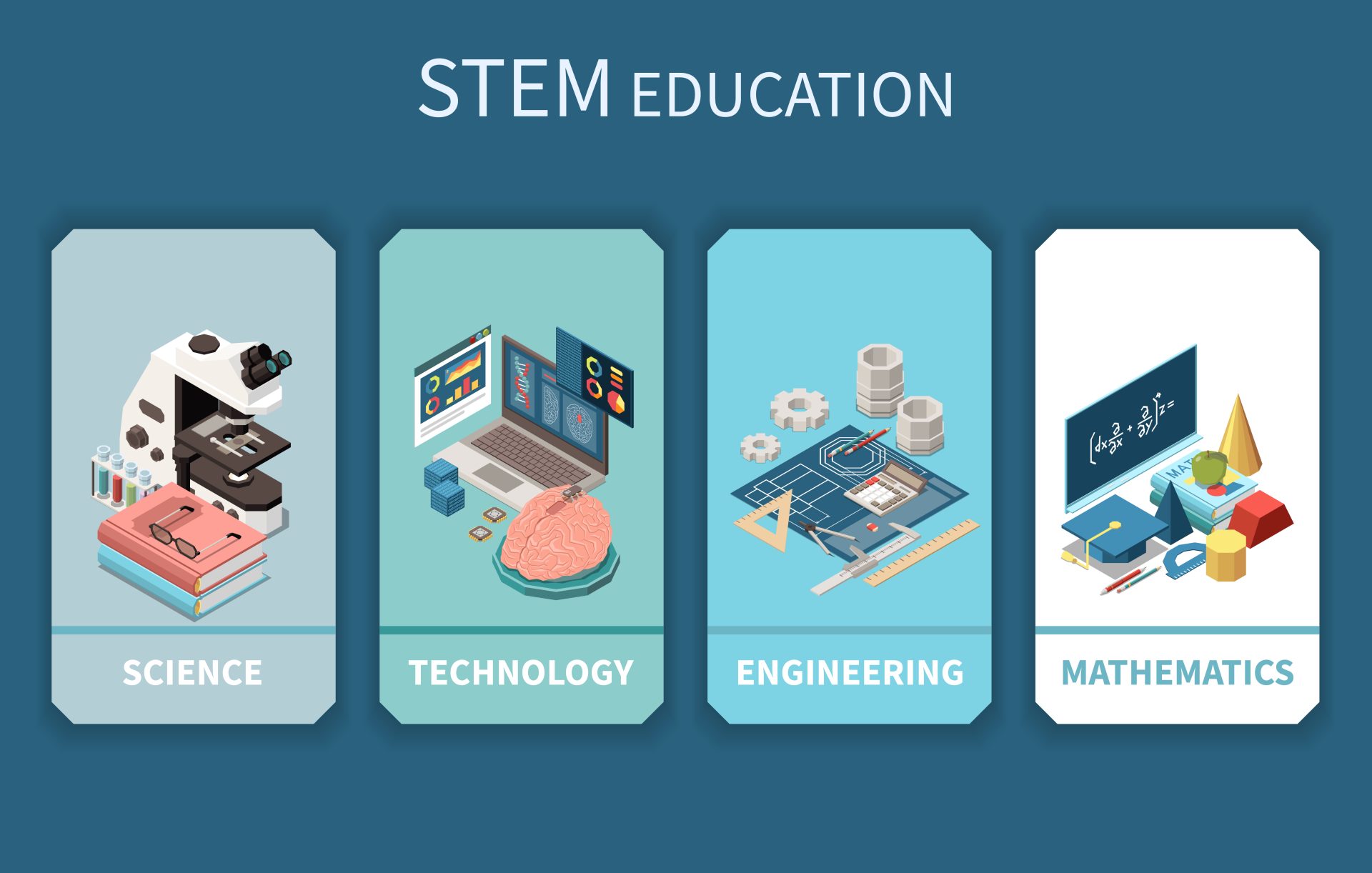Contents
- 1 What’s on the AP Computer Science Exam?
- 2 Computer Science A Sections and Question Types
- 3 AP Computer Science A Exam Reference Sheet
- 4 How to Interpret AP Computer Science A Scores?
- 5 Computer Science Principles Sections and Question Types
- 6 Tools Allowed on the AP Computer Science Principles Exam
- 7 How to Interpret AP Computer Science Principles Scores?
- 8 Important Points About AP Computer Science Exams
- 9 How Can I Prepare?
Technology is now an important part of our world. People use technology every day in many areas of life. Subjects about technology, like Computer Science, become critically important for education.

Advanced Placement (AP) Computer Science is an in-depth course in computing. The course helps students understand programming fundamentals and computer systems. Students take exams in this subject. We will discuss what the exam is and how to pass it.
What’s on the AP Computer Science Exam?
There are two main AP Computer Science exams. Each of these exams tests different parts of the knowledge in computer science. Let’s go into details on what each type represents.
AP Computer Science A
This test represents object-oriented programming. Test covers the usage of Java in coding, knowledge of algorithms, and solving problems. This exam includes material ranging from data structures, control structures, to the efficiency analysis of different codes.
AP Computer Science Principles
This is a broader exam in terms of topics. The exam covers the fundamentals of computing, including how technology affects society, analysis of data, and cybersecurity. The concept of programming is looked at in depth on this exam.
Computer Science A Sections and Question Types
AP Computer Science A exam is divided into two main sections. The sections are designed to test different aspects of programming and computational thinking. These sections challenge students in different ways to apply their Java programming skills. Students don’t use calculators on the AP Computer Science A exam.

Section I
This section includes forty multiple-choice questions. Students must demonstrate their understanding of programming logic, syntax, and concepts, such as data structures and algorithms. Every question requires code analysis and choice of the correct outcome or identification of errors.
Section II
This section contains four free-response questions in which students write code in Java to solve more open-ended problems. These questions assess a student’s problem-solving skills, the organization of their code, and object-oriented principles.
AP Computer Science A Exam Reference Sheet

There is a reference sheet provided for students to help answer key Java concepts on the AP Computer Science A Exam. This reference contains many of the key methods and classes, freeing the student from having to memorize syntax and focusing instead on solving problems. Common functions are easy to access in this sheet, which helps save time during the test.
Here’s what is typically included:
Standard methods from key Java classes like String, Math, List, and ArrayList
Method signatures, including the parameters required for methods, such as substring(), indexOf(), and size()
Brief descriptions of standard Java classes help students quickly identify which class to use for specific tasks
Key methods for working with arrays and ArrayLists, including how to initialize, modify, and iterate over them efficiently
Functions from the Math class, such as abs(), pow(), and sqrt(), which are useful for solving algorithmic problems
How to Interpret AP Computer Science A Scores?
AP Computer Science A exam scores range from 1 to 5, with 5 being the highest. These scores describe the student’s mastery level in view of course readiness to go into higher college-level coursework in computer science. A detailed interpretation of the scores is provided in the table below.
Score | Interpretation |
|---|---|
5 | Indicates a student is extremely well-prepared and demonstrates strong knowledge of programming and problem-solving skills. Many colleges grant credit for this score |
4 | Shows a solid understanding of core concepts. Students scoring 4 are considered well-qualified and many institutions offer college credit |
3 | Represents a good grasp of the material but with room for improvement. Students are qualified for some college credit or placement |
2 | There is partial understanding of the subject, but the student isn’t ready for advanced college courses without further study |
1 | Indicates minimal knowledge of the content and concepts covered in the exam |
Computer Science Principles Sections and Question Types

AP Computer Science Principles exam covers a wide range of computing topics. It focuses on creativity, how technology affects society, and problem-solving. The exam has two main sections, each testing different skills. Сalculators are not allowed on the AP Computer Science Principles exam.
Section I
This section includes seventy multiple-choice questions. Students are assessed based on their knowledge about algorithms, data, the internet, cybersecurity, and impacts of computing. Questions in this section require analysis of real-world scenarios and application of computational thinking.
Section II
Students complete a project where they design and implement a program. The assignment allows students to be problem-solvers by creating an original program and detailing the process. Students submit code, a written explanation of creation, and a video of how their program runs.
Tools Allowed on the AP Computer Science Principles Exam
AP Computer Science Principles exam does not provide a specific reference sheet. Students use certain tools during the creation performance task.
Children have access to all their resources, notes, and the internet while working on the project. This allows students to use tools they are familiar with to build their program and document their process.
How to Interpret AP Computer Science Principles Scores?
|
Key Stats You Shouldn’t Miss
The statistics from Total Registration show the following for 2023:
|
Scores for the AP Computer Science Principles course are just about identical to those of AP Computer Science A. Scoring runs on a 1 to 5 scale, whereby 5 shows excellent understanding and 3 indicates good understanding of the material. Colleges grant credits based on these respective scores.
Important Points About AP Computer Science Exams

AP Computer Science A and AP Computer Science Principles share some important details. Understanding these key points helps students better prepare for the exams and meet all requirements. Here are these details:
Each exam lasts between 2-3 hours
The create performance task for AP Computer Science Principles must be submitted online before a specific deadline. Students need to track this date carefully
Multiple-choice sections are machine-scored, while free-response questions and project submissions are graded by trained educators
Colleges have different policies on how they grant credit based on AP scores, so students check the requirements of their chosen schools
How Can I Prepare?
“Apart from reviewing the material, I made sure that I got a good night’s sleep before the exam”
Ryan Kulsakdinun, HEARST Newspapers

Preparing for AP Computer Science A and AP Computer Science Principles becomes easier with online courses. Legacy Online School offers a strong option. The school is fully accredited. Teachers from Legacy Online School have 5 to 20 years of experience.
AP courses from Legacy Online School help students thoroughly prepare for exams. This detailed preparation leads to success, giving students the skills and confidence they need to excel.
Our team is happy to answer any questions about AP Computer Science exams.











